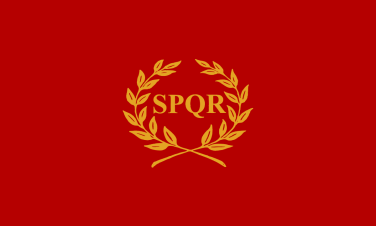

Between 218 BC and 535 AD, Malta flourished under Roman rule, beginning when the island became part of the Roman Republic during the Second Punic War. Known as Melita, Malta gained importance as a strategic outpost in the Mediterranean. The Romans introduced advanced engineering, agriculture, and law, leaving a lasting impact on the island’s infrastructure and culture. Significant archaeological finds, such as the Domvs Romana in Rabat, showcase the opulence of Roman villas and daily life during this era. Malta's Christian legacy also began in this period, notably with the shipwreck of St. Paul in 60 AD, as described in the Acts of the Apostles.